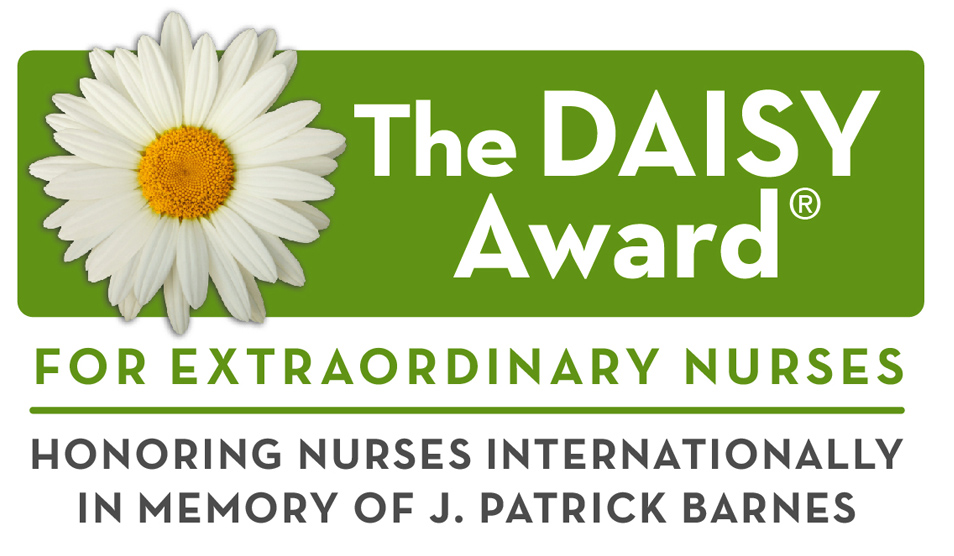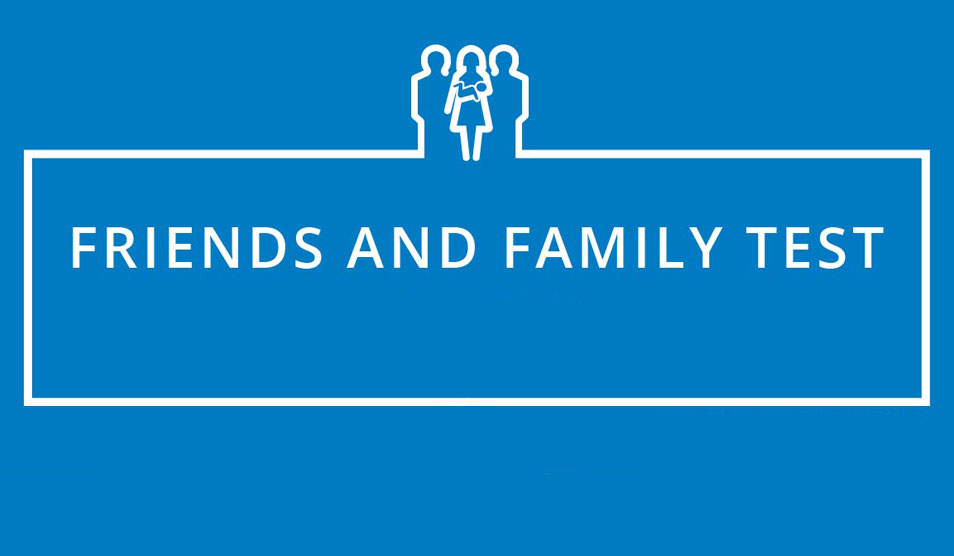Compliments and positive feedback
We value your support and encouragement. If you’ve had a positive experience with our services, here are ways you can share your feedback:
Concerns and complaints
We aim to provide the best care, but we know we don’t always get it right. If you have a concern or complaint, here are ways you can let us know:
Raising a Concern
The quickest way to resolve an issue is often to speak to the staff who are caring for you or your relative. If you’ve waited a long time at an outpatient appointment, for example, tell the nurse in charge.
General feedback and comments
Your feedback helps us improve our services. Share your thoughts with us:
Other useful links:





